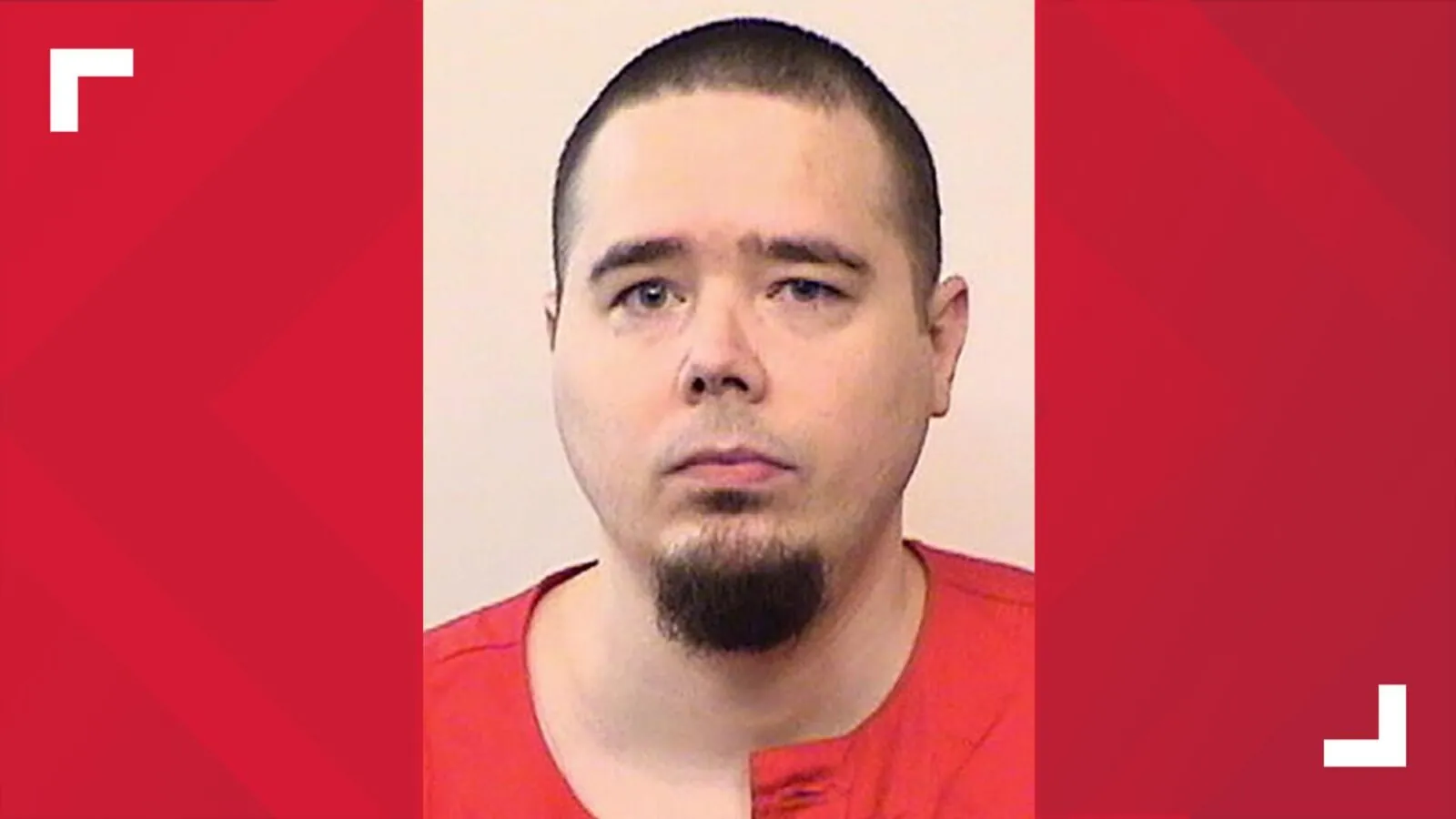Joseph Corcoran’s attorneys have turned to federal court to try to save him from the death penalty. The Fort Wayne man is set to die by lethal injection before daybreak on December 18. His attorneys contend that he is severely mentally ill and unable to comprehend the gravity of his acts.
Indiana’s last execution was on December 11, 2009. In 1994, Matthew Wrinkles died by fatal injection after killing his estranged wife, her brother, and a sister-in-law in Evansville.
Eight men are now on Indiana’s execution row. However, no executions have taken place in the past 15 years because the Indiana Department of Correction was unable to get the medications required for lethal injection. That changed in June, when DOC located a supplier.
“I want to know where the Department of Correction got the drugs from,” said Eric Koselke, an Indianapolis attorney who has represented more than 30 defendants in state and federal death penalty cases since 1985. “And then I want to know what the cocktail is that they were actually using, and does it meet Eighth Amendment standards for violating cruel and usual punishment.”
Corcoran murdered four individuals in Fort Wayne in 1997, including his brother and prospective brother-in-law. His attorneys claim he is mentally ill and should not be executed.
“There’s no reason we have to execute Mr. Corcoran, or quite frankly anybody on death row,” said Koselke. “Society can be kept safe from them. Instead, we’re spending millions of dollars to try and execute people. Very few people are being executed, and the money could be better spent elsewhere. I’m personally very demoralized. I didn’t know whether we would ever have another execution or not, quite frankly. But the fact we are, I spent my whole career, going on 40 years this coming June, basically fighting the death penalty, believing it’s wrong.
Prosecutors are seeking the death penalty in three pending cases in central Indiana: Carl Boards II is charged with shooting and killing Elwood Police Officer Noah Shahnavaz, Orlando Mitchell is charged with killing Marion County Deputy John Durm, and Dalonny Rodgers is charged with murdering two men and shooting two more outside a Plainfield motel.
“They turn the defendant into almost hero status,” said Koselke. “I don’t know if hero is the right word, but infamous. They become very famous, newsworthy. They’re on TV, radio, newspaper all the time. And these are people that nobody even knew who they were, for the most part, until the death penalty is filed. And then they become somewhat of a star.”
Following the execution of Corcoran, Indiana’s attorney general will request an execution date for Benjamin Ritchie. He shot and killed Beech Grove police officer Bill Toney in 2000.
Indiana implemented capital punishment in 1897. Since then, 92 men have been executed, 19 of them by lethal injection when the state established a new law in 1995 making it the only lawful mode of execution.
The death sentence has sparked discussion among Indiana residents. Protesters gathered at the Indiana Statehouse last month to demand that the death penalty be abolished ahead of Corcoran’s execution. On Thursday, Christian leaders from across the state will assemble at the Statehouse to present a letter urging Governor Eric Holcomb to suspend executions.







Leave a Reply